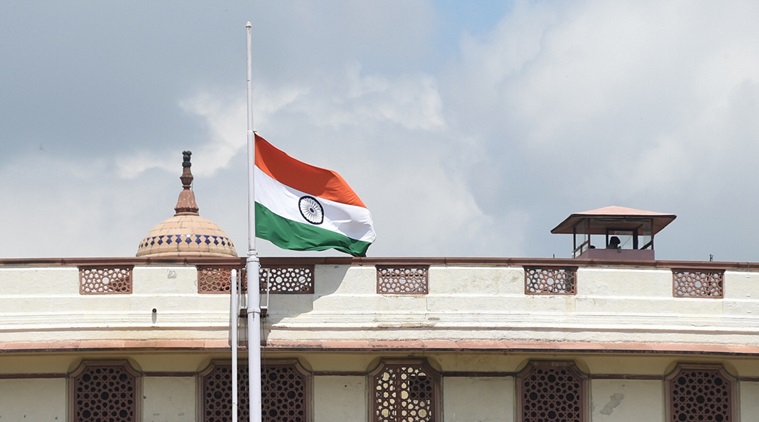
Political clientelism is a conservative trend that divides the population into various groups, particularly in underdeveloped nations. This ancient process involves the state and society trading commodities and services for political support. This system was beneficial in ancient times due to tribal conflicts and unresolved territory disputes. In the 20th century, decolonisation led to the establishment of nation-states that embraced democracy, placing citizens at the centre of politics; it led to a profound transformation worldwide. The clientelist methodology was partially justified in conservative societies to prevent the concentration of authority. However, it persists in Arab states, Afghanistan, ethnically divided African countries, and India, with varying degrees of democracy adoption. The persistent prevalence of clientelism undermines democratic ideals by promoting corruption, undermining institutions, and reducing public confidence in the government.
Political clientelism in Indian Politics: Political clientelism is a prevalent issue in India, with politicians and political parties increasingly using it to gain votes and retain power. This practice involves disbursing resources to specific factions for electoral support, undermining the democratic process by prioritising immediate benefits over long-term progress and effective government. Scholars like Kanchan Chandra highlight that this practice sustains socioeconomic disparities and intensifies pre-existing societal differences. Amiya Kumar Das argues that political clientelism results in inefficient resource distribution, fostering a culture of entitlement and dependency among residents and diminishing their ability to engage in democratic processes.
The shift in societal dynamics can be traced back to the ‘Jungle Raj’ (alleged) in Bihar during the 1990s when Dalits and minority communities were given a free hand to resist caste and sectarian forces. Similarly, in Uttar Pradesh, Madhya Pradesh, and Rajasthan, instances of caste-based violence and rampant banditry were prevalent. Political parties exploit specific castes and communities, providing them with special privileges and support to maintain a long-lasting network of clientelism. The impact of liberalisation, privatisation, and globalisation policies has led to fast industrialisation and urbanisation, disrupting the traditional clientelist network and causing civil upheaval. However, the Global Democracy Index 2023 highlights the deterioration of India’s democratic norms due to political clientelism. It indicates political clientelism is still prevalent even in 2024 and is in practice by contemporary politics in which both national and regional parties with different permutations and combinations employ it, be it caste, sub-caste, community (Hindi belt) and regional identity (Southern states and Tribal States). This patroonship empowers such groups to wield power irresponsibly in the daylight, sabotaging state sovereignty and monopoly of violence. Examples are contemporary socio-political incidents. This practice weakens democratic institutions, making them vulnerable to manipulation and diminishing their ability to provide adequate public services. Additionally, political clientelism perpetuates a cycle of corruption, corroding the principles of justice and reducing public trust in democratic establishments.
The way forward: To combat political clientelism, India needs to improve democratic institutions, promote transparency, and limit political finance and campaigning. Civic education and citizen engagement can help voters make informed decisions and resist manipulative incentives. Political clientelism undermines elections, promotes corruption, and perpetuates socioeconomic disparities. To protect democratic ideals and achieve inclusive growth, India must enhance democratic institutions, implement electoral changes effectively, and encourage public engagement.
